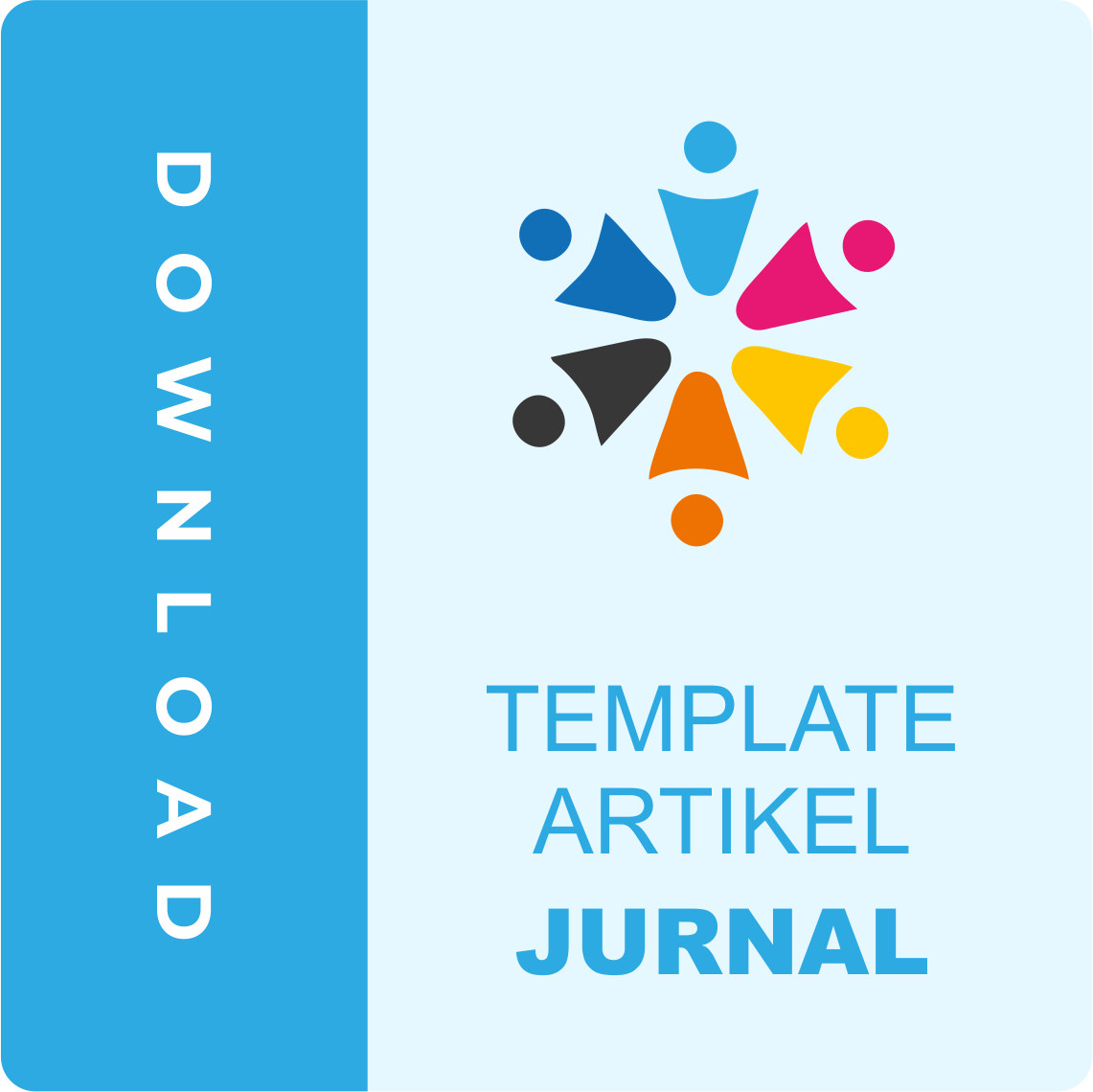The Role of Artificial Intelligence in the Implementation of Personal Data Protection Law in Indonesia
DOI:
https://doi.org/10.58631/injurity.v4i6.1448Keywords:
Artificial Intelligence, Personal Data Protection, Digital LawAbstract
The development of artificial intelligence technology has brought significant impacts in various elements of daily life, such as in systems for managing personal data. Examining how artificial intelligence works in Indonesia's implementation of Law Number 27 of 2022 on the Protection of Personal Data is the aim of this study. The primary subjects of conversation are the legality of handling personal data with AI technology and the function of AI in Indonesia's execution of the Personal Data Protection Act. Normative legal research using a legislative framework is the methodology employed and analytical approach, through literature study of regulations, legal literature, and related policies. The results showed that: The role of artificial intelligence in the implementation of Law No. 27 of 2022 on Personal Data Protection in Indonesia presents both efficiency opportunities and serious challenges to the protection of individual privacy rights. Although this law has adopted data protection principles according to international standards, the unavailability of technical regulations and accountability mechanisms for the use of artificial intelligence creates a legal gap that needs to be addressed immediately. Therefore, legal certainty over the use of this technology requires regulations that are adaptive, principle-based, and uphold human rights through institutional strengthening, algorithmic supervision, and the application of the principle of explainability in responsive and humanist governance. This research recommends the need to strengthen technical regulations, algorithmic accountability mechanisms, and adaptive institutional supervision so that Human rights and legal certainty are upheld when artificial intelligence is used to manage personal data.
Downloads
Published
Issue
Section
License
Copyright (c) 2025 Nina Purwanti, Megawati Barthos, Tri Eka Saputra

This work is licensed under a Creative Commons Attribution-ShareAlike 4.0 International License.






